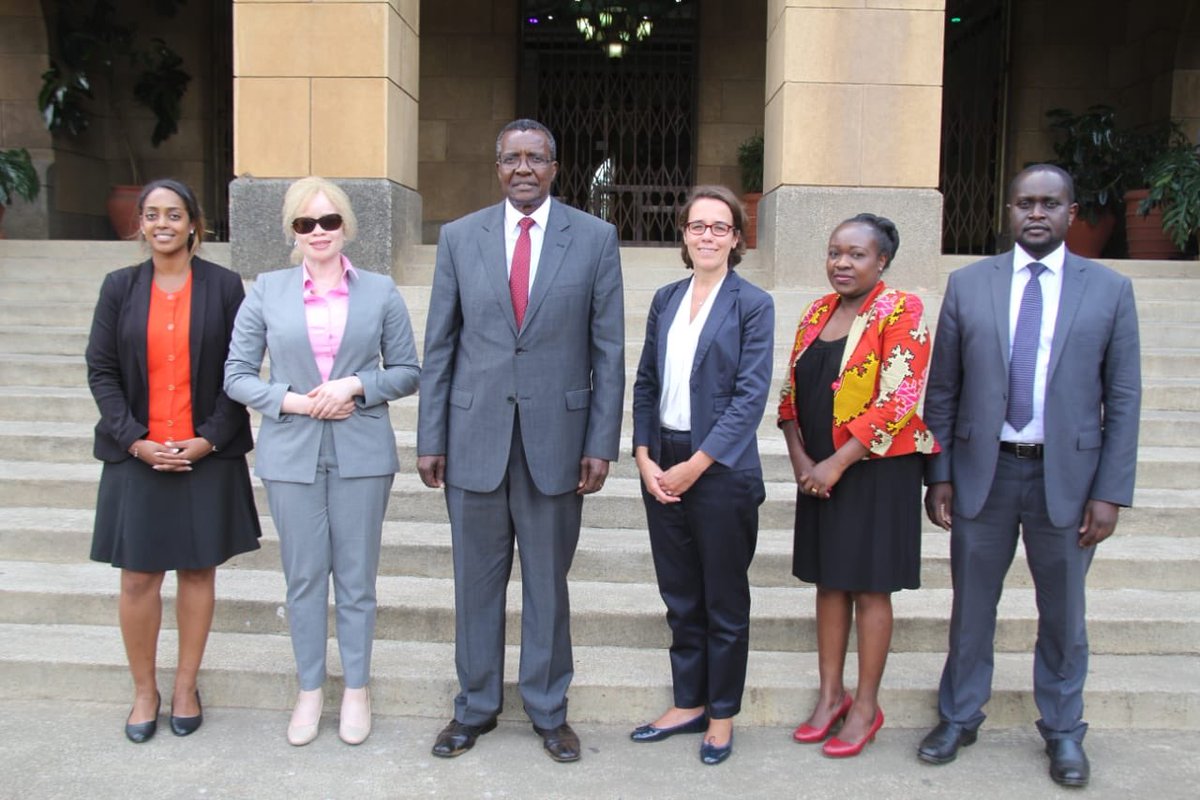
Kenyans living with albinism seek justice against attackers

While Kenya has made significant progress in responding to attacks against persons with albinism, a United Nations reports suggests the country needs to do more to ensure access to justice for the victims of such attacks.
A report by the United Nations Independent Expert on the enjoyment of human rights by persons with albinism found ten more victims of such attacks, bringing the number of reported attacks on persons with albinism in the country to seventeen in the last year.
In many cases the perpetrators received light sentences or were not acquitted at all.
That’s why for Daniel Shisia, home, in a modest part of Nairobi, is where he feels most secure.
He doesn’t have to fear attacks either.
Daniel was born with Albinism—a genetic condition which means he lacks the skin-colouring pigment, melanin.
Years at special schools gave Daniel confidence to face the world. He now works for the Albinism society of Kenya, championing the rights of others like him. But Daniel also has a seven year-old daughter born with albinism.
And every day he lives in fear of attacks. In certain communities in Africa, albino body parts are a precious commodity.
Some believe they have special healing properties—beliefs which put people like Daniel and his daughter at risk.
“When you walk around, even some come to your face and tell you, ‘You know you are money. We can take you to Tanzania and be sold.’ We feel so insecure that we don’t walk around at night,” Daniel said.
The United Nations Independent expert on the rights of persons with albinism Ikponwosa Ero arrived in Kenya on September 7 for a ten-day visit. She uncovered 10 more cases.
“I came here with only 7 reports on paper and I thought how amazing. But it was clear there were many unreported cases,” she said.
For the victims of such attacks accessing justice is difficult. And while Kenya has made great strides in providing basic items such as sunscreen and health services, more needs to be done.
“Any cases of discrimination or attack will be dealt with firmly, like we deal with other attacks,” Kenya Chief Justice David Maraga said.
It is a commitment that Daniel and others like him hope will help keep them safe.
Story by Wilkister Nyabwa






